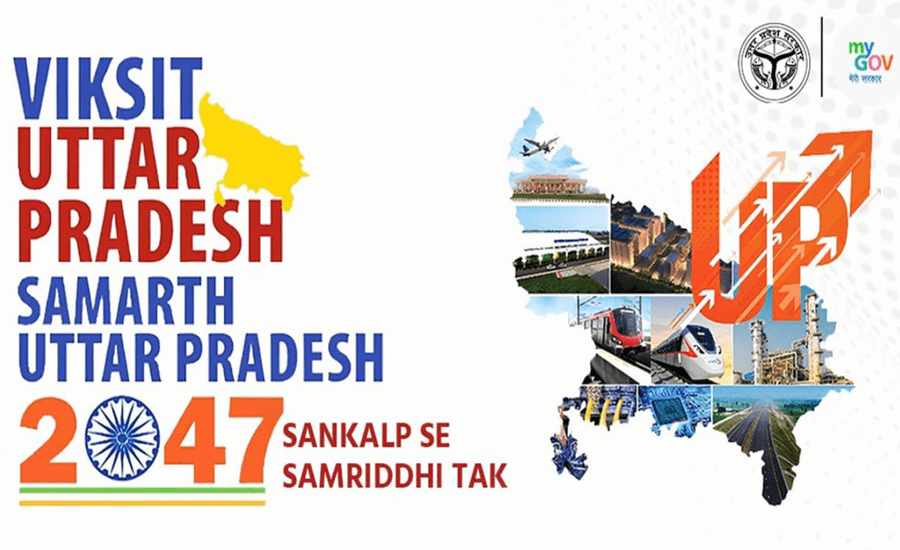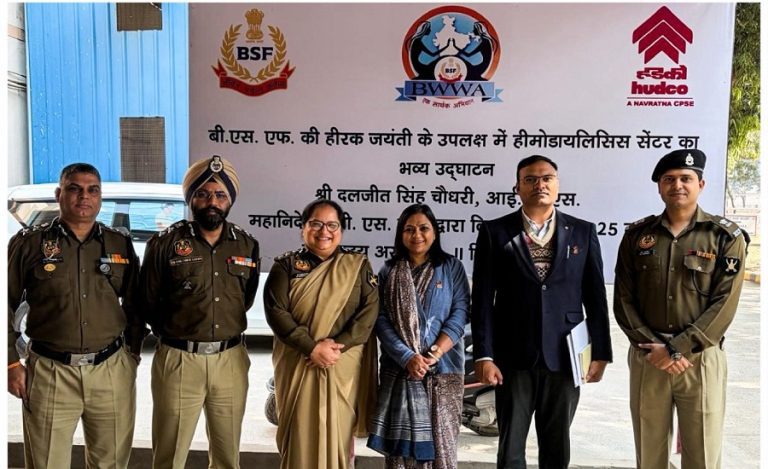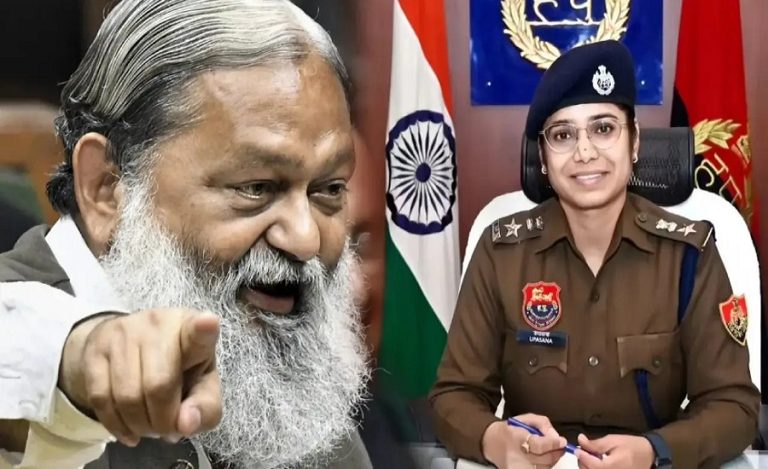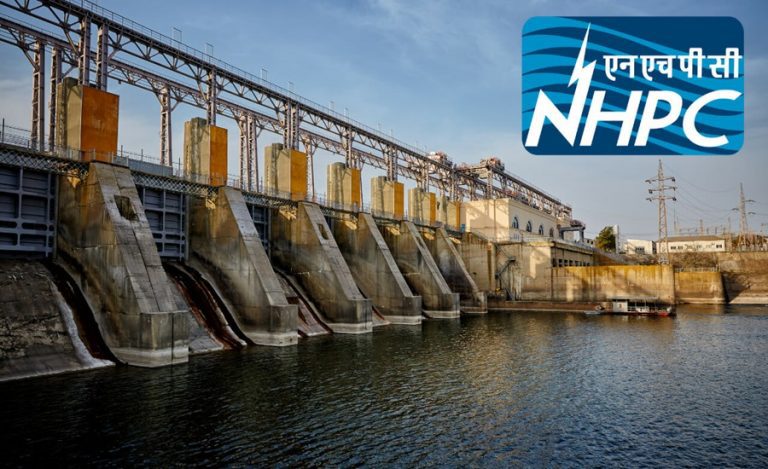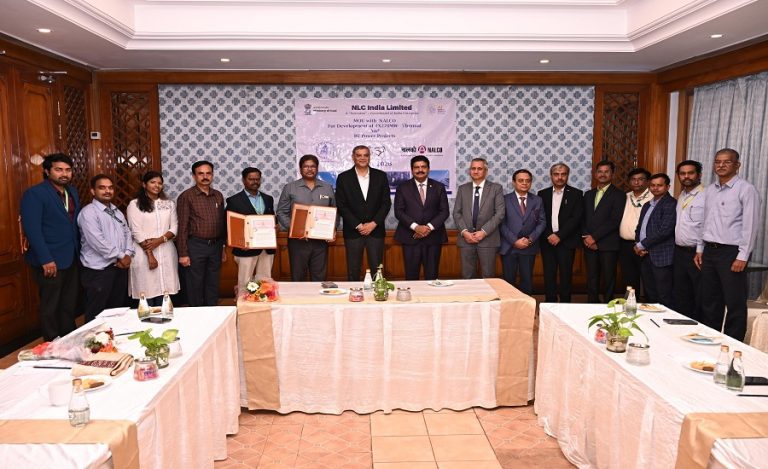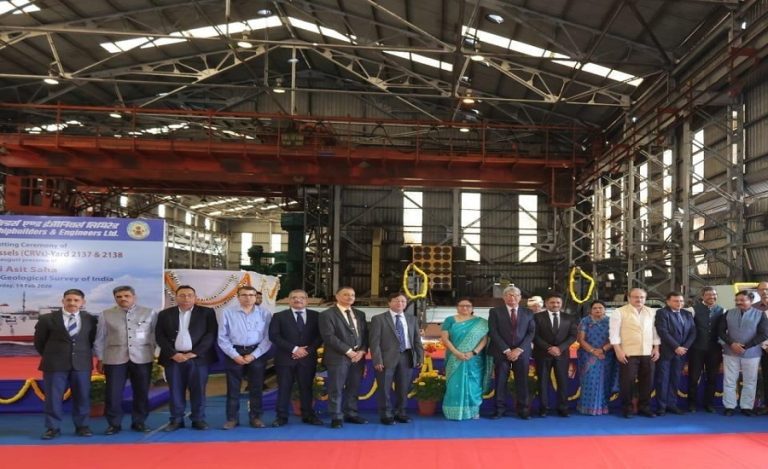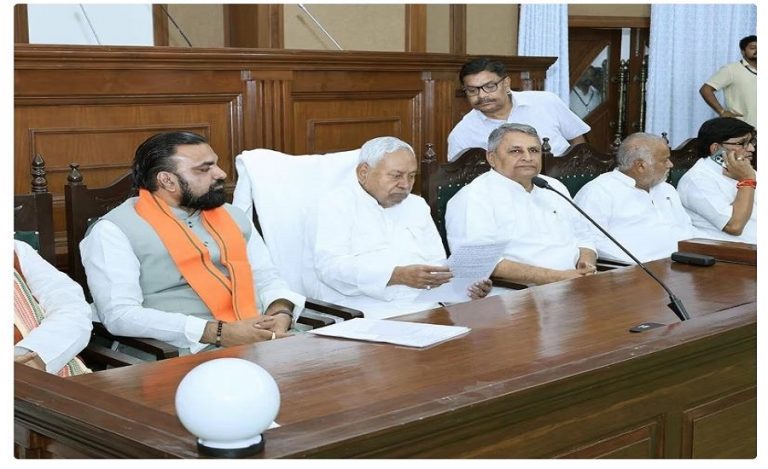In a major step toward sustainable and balanced growth, officials from key Uttar Pradesh departments convened a brainstorming session on Monday in Lucknow as part of the Viksit UP-2047 plan. The event formed a crucial segment of a series of stakeholder meetings aimed at framing the long-term ‘Viksit UP 2047 Action Plan’.
Also Read: Lucknow Janta Darshan: CM Yogi Adityanath Addresses Over 52 Public Grievances Directly
Focus on Climate-Inclusive and Sustainable Development
The workshop brought together officials from the Department of Environment, Forest and Climate Change, UP New and Renewable Energy Development Agency (UPNEDA), senior government officials, technical experts, academic institutions, and other key stakeholders. Participants stressed the importance of integrating environmental protection with development to ensure a sustainable and climate-resilient future.
Policy Reforms and Institutional Strengthening for Green Growth
Mr. Anil Kumar, Principal Secretary, Environment, Forest and Climate Change, emphasized the need for policy reforms and the creation of a robust institutional framework to position Uttar Pradesh as a leading climate-inclusive state. He highlighted the significance of structured planning, governance, and monitoring for effective environmental management.
Integrating Climate Considerations in Long-Term Development Planning
Mr. Alok Kumar, Principal Secretary, Planning, noted that climate-related considerations must be embedded in all long-term development strategies to ensure inclusive growth. He emphasized that economic growth and environmental sustainability should progress hand-in-hand.
Conservation, Renewable Energy, and Climate Adaptation
B. Prabhakar, PCCF (Monitoring), highlighted the importance of forest conservation, ecosystem restoration, and district-level climate adaptation initiatives. Meanwhile, Mr. Inderjit Singh, Director of UPNEDA, discussed the state’s renewable energy potential and the need for its rapid expansion to meet future energy and sustainability goals.
Promoting Circular Economy and Climate Finance Mobilization
Ms. B. Chandrakala, Secretary, Environment, Forest and Climate Change, urged the adoption of renewable energy, carbon emission reduction, circular economy practices, and resource efficiency. She also emphasized strengthening ecosystem restoration and biodiversity conservation while mobilizing climate finance through green bonds, blended finance, and international climate funds.
Conclusion: UP on a Path to Sustainable and Inclusive Growth
The workshop underscored Uttar Pradesh’s commitment to climate-inclusive policies, green development, and sustainable infrastructure. With stakeholder collaboration, policy reforms, and climate-conscious planning, the state is paving the way to become a model for sustainable growth in India.

